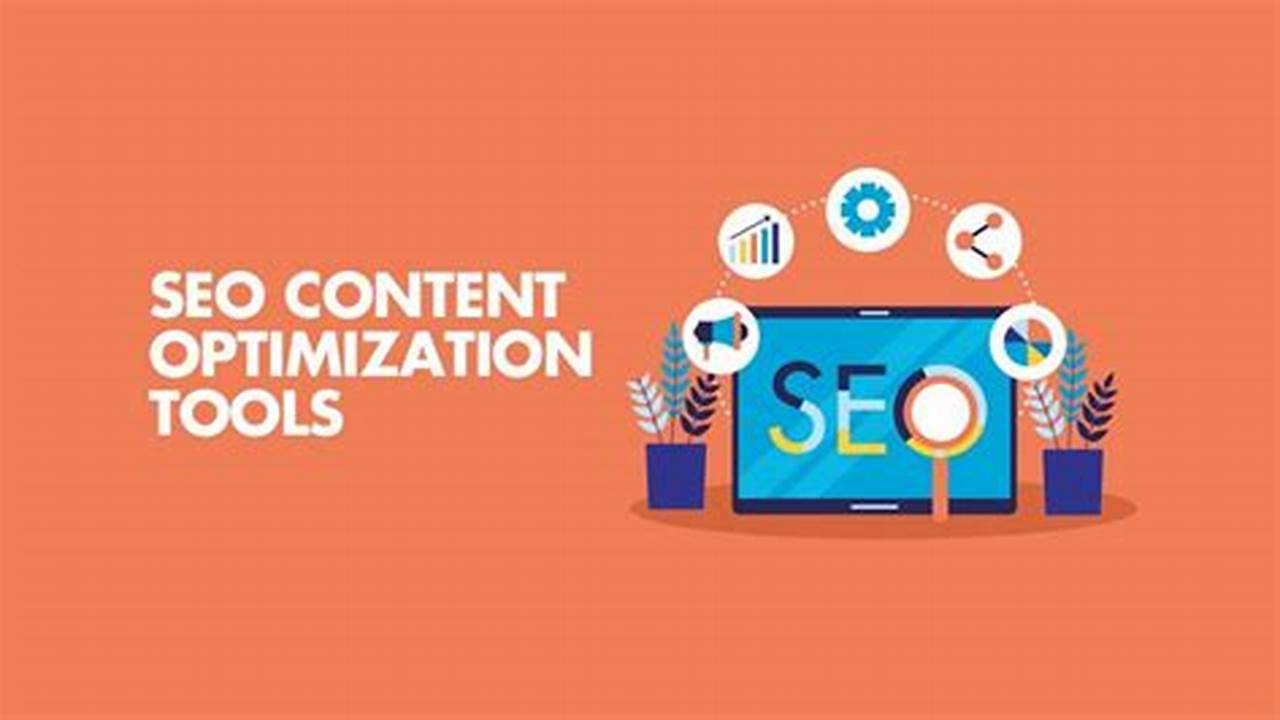Achieving high search engine rankings requires a strategic approach to content creation and optimization. Leveraging effective software solutions can significantly enhance content quality, relevance, and visibility in search results, ultimately driving more organic traffic to a website.
Keyword Research
Identifying relevant keywords is fundamental. Tools assist in discovering high-volume, low-competition keywords that align with user search intent.
On-Page Optimization
Optimizing content directly on the webpage is crucial. Tools help analyze content for keyword density, readability, and other on-page factors.
Content Analysis
Evaluating existing content is essential for improvement. Tools provide insights into content performance, identifying areas for enhancement.
Competitor Analysis
Understanding competitors’ strategies is vital. Tools allow for analyzing competitor content and identifying opportunities to outperform them.
Rank Tracking
Monitoring keyword rankings is essential for measuring progress. Tools track keyword positions over time, providing valuable performance data.
Backlink Analysis
Building high-quality backlinks is crucial for authority. Tools help analyze backlink profiles and identify potential link-building opportunities.
Content Structuring
Organizing content logically improves user experience. Tools assist in creating clear and structured content that is easy to navigate.
Readability Enhancement
Ensuring content is easily readable is vital for engagement. Tools analyze readability and suggest improvements for clarity and conciseness.
Content Brief Generation
Creating comprehensive content briefs streamlines the writing process. Tools help generate detailed briefs that outline key topics and requirements.
SERP Analysis
Understanding search engine results pages is crucial. Tools analyze SERP features and provide insights into what content ranks well.
Tips for Effective Content Optimization
Tip 1: Focus on User Intent: Understanding what users are searching for is paramount. Tailor content to address their specific needs and questions.
Tip 2: Prioritize Quality over Quantity: Create in-depth, valuable content that provides comprehensive information and insights.
Tip 3: Promote Content Strategically: Share optimized content across relevant platforms to reach a wider audience.
Tip 4: Monitor and Adapt: Regularly analyze content performance and make adjustments based on data and user feedback.
Frequently Asked Questions
How can these tools improve search rankings?
By helping create high-quality, relevant, and user-friendly content that search engines prioritize.
Are these tools suitable for all websites?
Yes, websites of all sizes and industries can benefit from utilizing content optimization tools.
What are the key features to look for in a content optimization tool?
Key features include keyword research, on-page optimization analysis, competitor analysis, and rank tracking capabilities.
How often should content be optimized?
Regularly reviewing and optimizing content is recommended, ideally on an ongoing basis to maintain relevance and improve performance.
Is technical SEO expertise required to use these tools?
While some technical knowledge is helpful, many tools offer user-friendly interfaces accessible to individuals with varying levels of expertise.
What is the typical return on investment for using content optimization tools?
The ROI can vary significantly, but generally, effective content optimization leads to increased organic traffic, higher rankings, and improved brand visibility.
By strategically utilizing content optimization tools, websites can enhance their content quality, improve search engine visibility, and ultimately drive more organic traffic, contributing to overall online success.

Leave a Reply